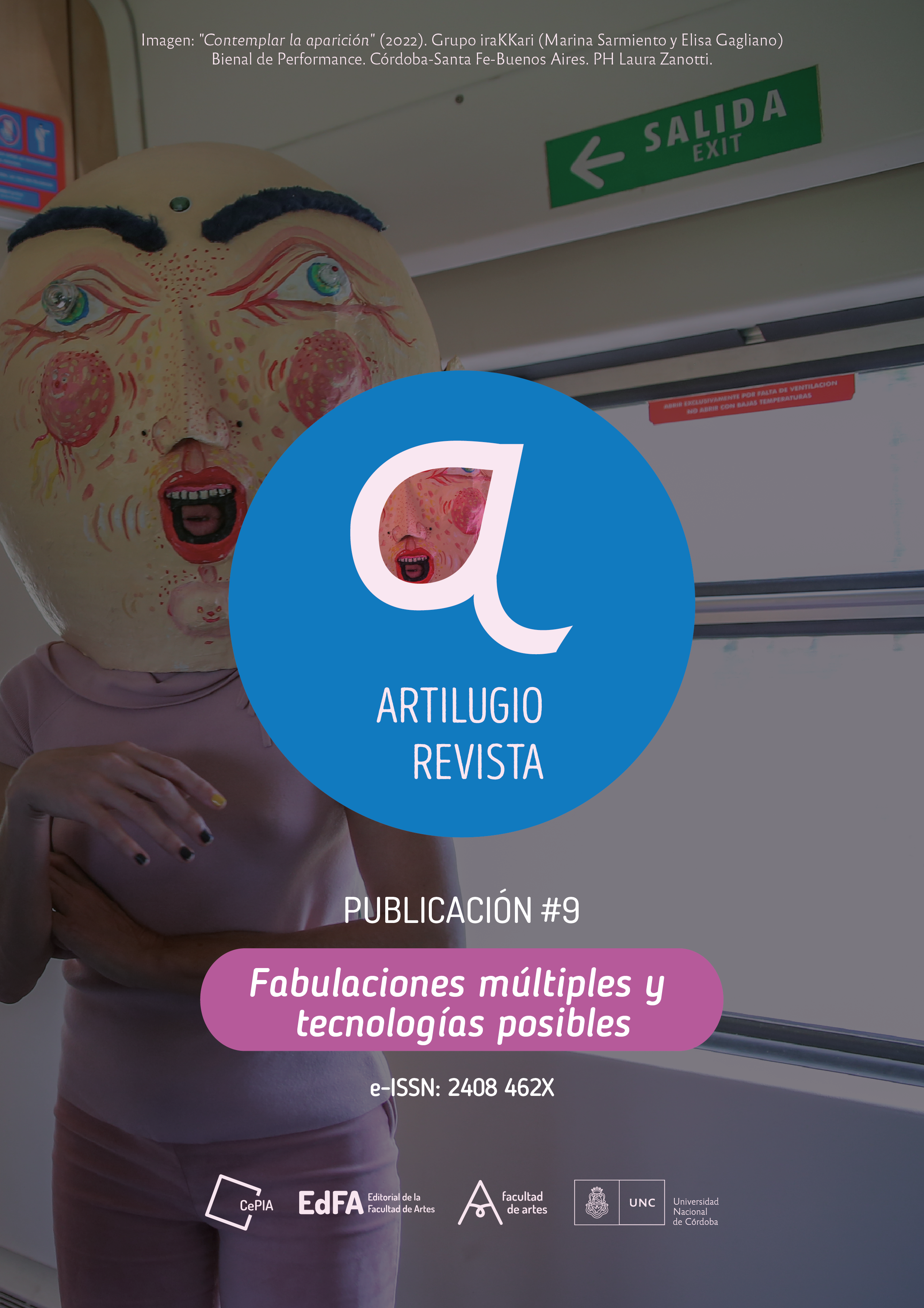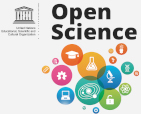Bodies of data: from the (mis)uses of archival science to the performativity of virtual identity
DOI:
https://doi.org/10.55443/artilugio.n9.2023.42026Keywords:
Art, Archive, Identity, Datification, Virtual realityAbstract
Institutional models are fed by data collection to organise social and economic life. These tasks facilitate the management of responses to the diverse needs of collective life. However, the management of these kinds of resources has been employed in different ways depending on their historical and ideological context, ranging from the impulse of scientific reasoning degenerating into enterprises of strict biopolitics to their actualisation in the age of consumerism on the internet. However, gaps and other uses of data collection have also been found with which to experiment with one's own perception of the body. For this reason, this article will analyse several cases of the use of datification in virtual environments, understood as spaces of possibility in which to try out other subjectivities beyond institutional and mercantile control.
Downloads
References
Barcelona Cultura (2020, 17 de octubre). Del Cos al Núvol: Tecnologies digitals i escales d'habitabilitat [video]. YouTube.
https://www.youtube.com/watch?v=yEw9MLz6kw0&t=1732s.
Bauman, Z. (2017). Modernidad y Holocausto. Madrid: Ediciones sequitur.
Choque, O. D. (2019). Foucault: biopolítica y discontinuidad. Revista Praxis Filosófica, 49, pp. 191-218.
http://www.scielo.org.co/scielo.php?script=sci_arttext&pid=S0120-46882019000200191.
Cukier, K. y Mayer-Schönberger, V. (2013). Big data: La revolución de los datos masivos. Madrid: Turner Noema.
Feyerabend, P. K. (2008). Adiós a la razón. Madrid: Tecnos.
Forcefiled Colectivo (s. f.). FORCEFIELD [dinámica]. https://googleimagenes.wixsite.com/home.
Foucault, M. (2006). Genealogía del racismo. La Plata: Editorial Altamira.
Foucault, M. (2011). Sobre la Ilustración. Madrid: Tecnos.
Foucault, M. (2017). La arqueología del saber. Ciudad de México: Siglo XXI Editores.
Freedberg, D. (2013). Las máscaras de Aby Warburg. Barcelona: Sans Soleil Ediciones.
Glover, J. (2001). Humanidad e inhumanidad. Madrid: Cátedra.
Hester, H. (2018). Xenofeminismo. Tecnologías del género y políticas de reproducción. Buenos Aires: Caja Negra Editora.
Horkheimer, M y Adorno, T. W. (2018). Dialéctica de la Ilustración: fragmentos filosóficos. Madrid: Trotta.
López Gabrielidis, A. (2015). Régimen de visibilidad y vigilancia en la era de la Identidad Digital. Revista Teknokultura, 12(3), pp. 473-499. https://revistas.ucm.es/index.php/TEKN/article/view/50385.
López Gabrielidis, A. (2017). Las fronteras del presente filosófico. En L. Mennina de Gamero (Ed.), Las fronteras del cuerpo y el objeto en la subjetividad contemporánea (pp. 79-101). Mendoza: Logos e Historia.
Peirano, M. (2019). El enemigo conoce el sistema. Manipulación de ideas, personas e influencias después de la Economía de la atención. Barcelona: Debate.
Sánchez, J. M. (2007). La racionalidad delirante: el racismo científico en la segunda mitad del siglo XIX. Revista Asociación Española
Neuropsiquiatría, 27(2), pp. 111-126. https://scielo.isciii.es/scielo.php?script=sci_arttext&pid=S0211-57352007000200011#bajo.
Tabarés, L., Castro Córdoba, E. y Martínez, B. (s. f.). Ontologías Feministas [dinámica]. Santuario Nocturno virtual. https://www.ontologiasfeministas.com/santuario-nocturno-virtual/.
Downloads
Published
Issue
Section
License
Copyright (c) 2023 Irene Sánchez Mora, Sergio Martín

This work is licensed under a Creative Commons Attribution-NonCommercial-ShareAlike 4.0 International License.





































